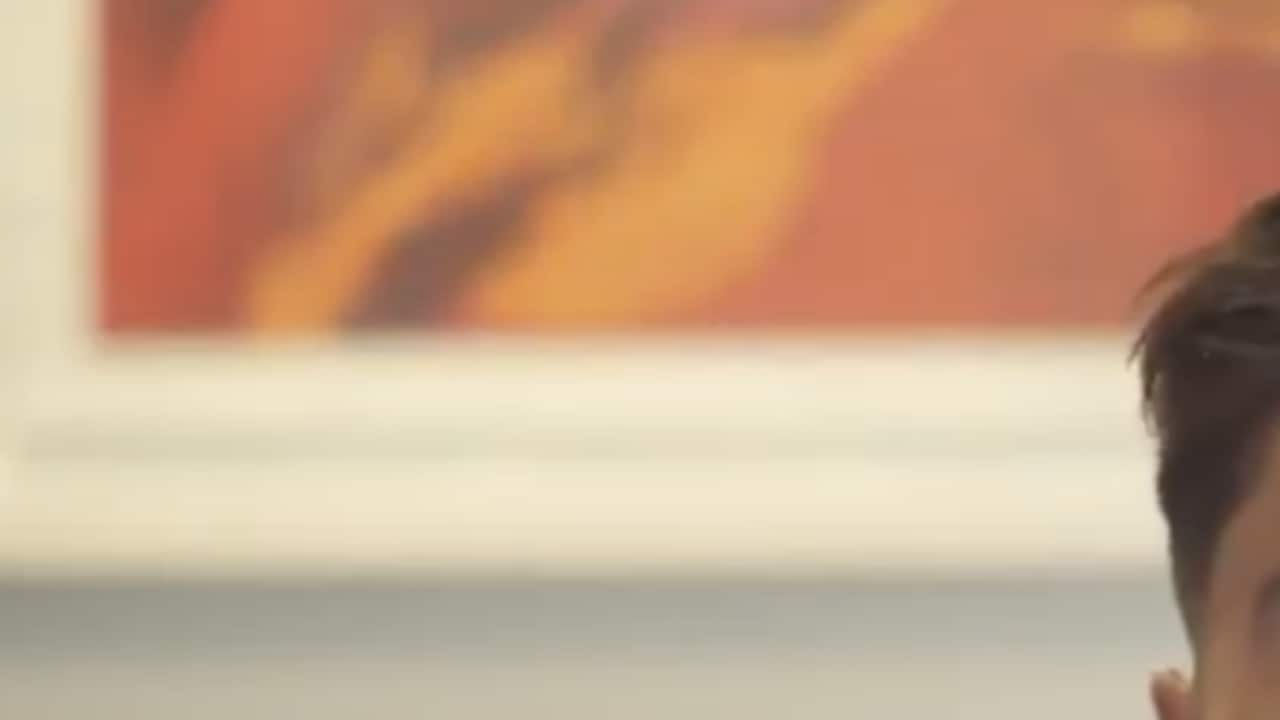Joseph Roppolo vividly remembers Australia’s first goal against Japan at the 2006 World Cup in Germany.
“We were in the stadium in Kaiserslautern, and saw Timmy Cahill’s two goals and then (John) Aloisi’s third - it was just amazing,” he told The Feed.
“The Socceroos have always been my passion. I followed them to the World Cups in South Africa and Brazil too.”
But Joe, who is gay, said he won’t be following the Socceroos to next year’s World Cup in Qatar. “I’m not going to go to a country that puts people like me in jail for something as irrelevant as sexuality,” Joe said.
“I’m not going to go to a country that puts people like me in jail for something as irrelevant as sexuality,” Joe said.

Joe at the 2006 World Cup in Germany Source: Supplied
Joe, who is also the former president of Sydney Rangers, one of Australia’s only gay men’s football clubs, said most of the fans he knows in the LGBTIQ+ community are not going to the World Cup for the same reasons.
“I went to the Brazil World Cup with my husband in a group of 12 of us, 8 of which were in same-sex relationships, but we won’t be doing the same for Qatar.”
In Qatar same-sex intercourse is illegal and can result in prison sentences of up to seven years and potentially even death.
Joe said he remembers when Qatar was announced as hosts 11 years ago, describing it as “a kick in the teeth”.
Since then the controversial decision by the sport’s governing body, FIFA, to award Qatar hosting rights has been under scrutiny.
There have been accusations of human right abuses in the construction of the stadiums, where thousands of migrant workers are reported to have died, and there have been investigations into allegations of corruption within FIFA to secure Qatar the hosting rights.
Recently, Qatar was back in the news as an Australian woman, who was cavity searched at Doha Airport, launched legal action against Qatari authorities.
For Chris Hicks, who is on the committee at Sydney Rangers, attending the World Cup in Qatar is definitely off the cards.
“You couldn’t pay me to go there; I’d be on edge the entire time constantly thinking ‘how am I walking? How am I talking?’” he told The Feed. “It is really disappointing that a tournament as revered as the World Cup can be given to a country that doesn’t accept me for who I am.”
“It is really disappointing that a tournament as revered as the World Cup can be given to a country that doesn’t accept me for who I am.”

Chris Hicks (left) playing for Sydney Rangers Source: Supplied
“I’ve travelled to countries that don’t tolerate same-sex couples and most people accept that when you travel to another country there a different cultural norms.”
“But it [criminalising homosexuality] really hits on a different level.”
Chris said that, although Qatar has permitted the flying of rainbow flags at the World Cup, he hopes the tournament's legacy will help Qataris who are a part of the LGBTIQ+ community.
“Hopefully all the international attention the World Cup brings to Qatar makes them question some of their laws.”
Still work to do in Australian sport
Beau Newell, the National Program Manager at Pride in Sport, told The Feed that in the past decade in Australia there has been a lot of work done to make sports more inclusive but there hasn’t been the same impact on an international level. “To expect countries like Qatar to change would be a bit naive, [but it] doesn’t mean we shouldn’t still question when a country with abhorrent laws around sexuality hosts a tournament like the World Cup,” Beau told The Feed.
“To expect countries like Qatar to change would be a bit naive, [but it] doesn’t mean we shouldn’t still question when a country with abhorrent laws around sexuality hosts a tournament like the World Cup,” Beau told The Feed.

Beau Newell, National Program Manager at Pride in Sport Source: Supplied
“I have mixed emotions on it and can see it from both perspectives. On the one hand we often spruik that sport is a human right so that has to go both ways and countries like Qatar should be allowed to host the World Cup.”
“But that doesn’t take away from the fact that I think most Australians would disagree with some of the laws in the country - like receiving a death penalty for being gay,” he said.
Pride in Sport is a not-for-profit that works with sporting codes at all levels to make them as inclusive as possible for people with diverse sexualities and genders.
Beau told The Feed that rather than criticising Qatar for their laws, we should lead by example. He added there is still a lot of work to be done in domestic sporting codes.
“We’ve found that sporting codes in Australia need more education and policy to directly engage with the LGBTQI community,’’ he said.
“We’ve only just seen the first Australian professional soccer player come out as gay recently, but we’ve not seen an NRL player come out since Ian Roberts [in 1995].”
Joe said he is mostly angry at FIFA for not taking a stronger stance on LBGTIQ+ issues, and feels like the Qatari government is using the World Cup to cleanse its international reputation, a tactic known as ‘sports washing’. “We really need to let FIFA know that LGBTQI people have a voice and we want to be a part of the global football family,” he told The Feed.
“We really need to let FIFA know that LGBTQI people have a voice and we want to be a part of the global football family,” he told The Feed.

Joe (left) and his husband at the 2014 World Cup in Brazil Source: Supplied
“They need to know that these decisions really impact the ability for us to be a part of the event.




